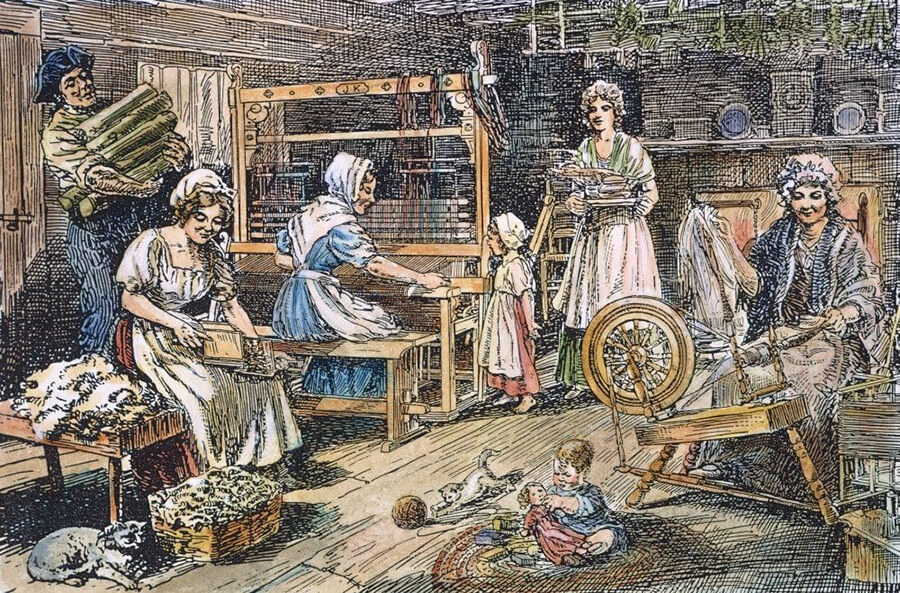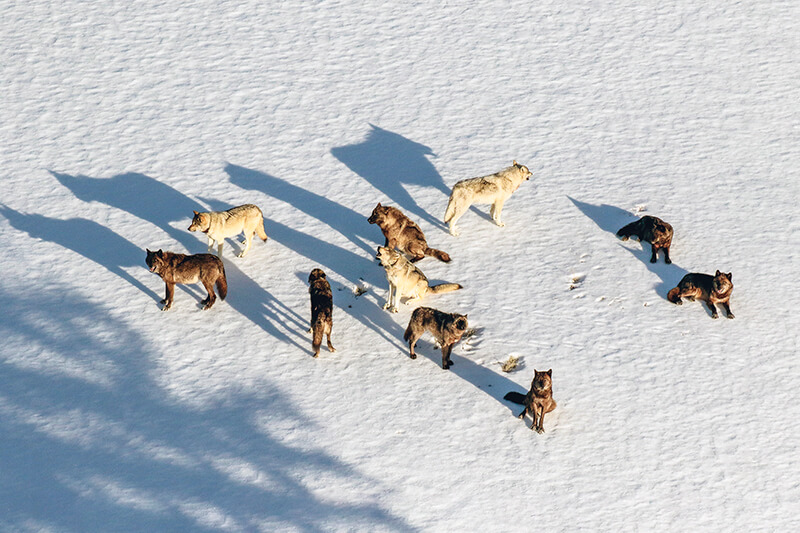Homegrown in Your State: Fruits and Vegetables
Students explore their state's specialty crops, discover how food gets from the farm to the table, and discuss the importance of eating fruits and vegetables every day.
Students explore their state's specialty crops, discover how food gets from the farm to the table, and discuss the importance of eating fruits and vegetables every day.
Students use the story The Little Red Hen to investigate wheat production and bread making. Students thresh their own wheat and grind it into flour to make bread.
Students explore the economic and environmental benefits of buying locally grown food.

Through project-based learning, students will develop and manufacture a unique and nutritious food product that includes ingredients that have been sourced locally and can be served in retail outlets or the school cafeteria.
Students explore the connection between geography, climate, and the type of agriculture in an area by reading background information and census data about the agricultural commodities beef, potatoes, apples, wheat, corn, and milk.

Students investigate how the need for wool impacted the American colonists by examining the Wool Act of 1699, determine the importance of wool in colonial America, and compare and contrast the differences between processing wool then and now. Students spin, weave, and dye wool to explore how wool was processed in Colonial times.

Students discover multiple perspectives concerning the reintroduction of gray wolves into the wild by researching pros and cons and participating in a debate.
Students use the visual representation of a web to explore the role of agriculture in their daily lives and understand how most of the necessities of life can be traced back to the farm.
Students investigate the cultivation and identify the parts of rice by reading One Grain of Rice by Demi and removing the hull, bran, and germ from grains of rice.
Students make connections between the six types of simple machines and the complex machinery used to produce food and fiber.
Students make observations about historic tools used on a dairy farm to store and process milk into cheese and butter.
Students investigate the collaborative work of an agricultural scientist and engineer who found new uses for soybeans and discuss careers in science and engineering, biobased products, and the use of renewable resources.